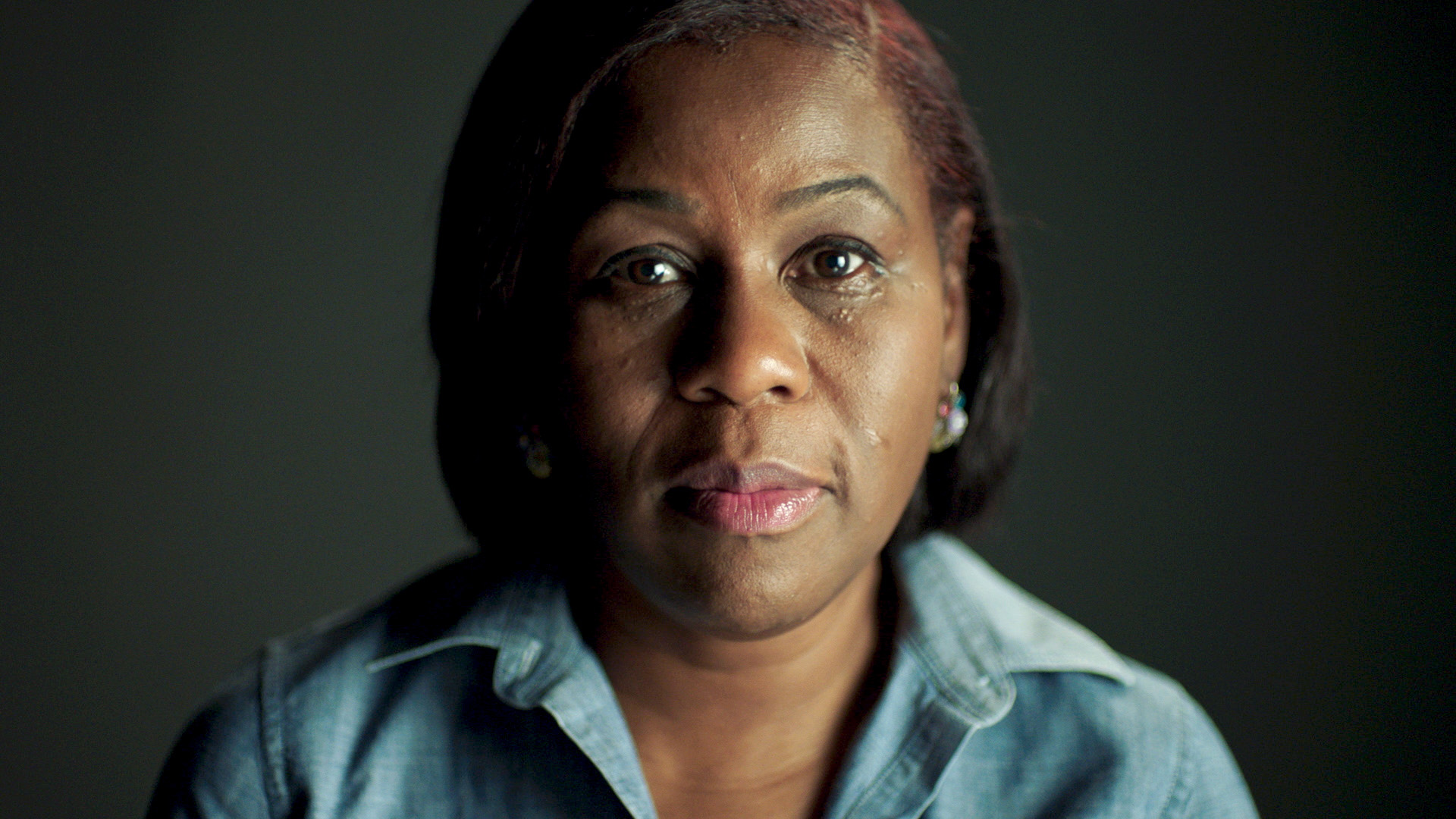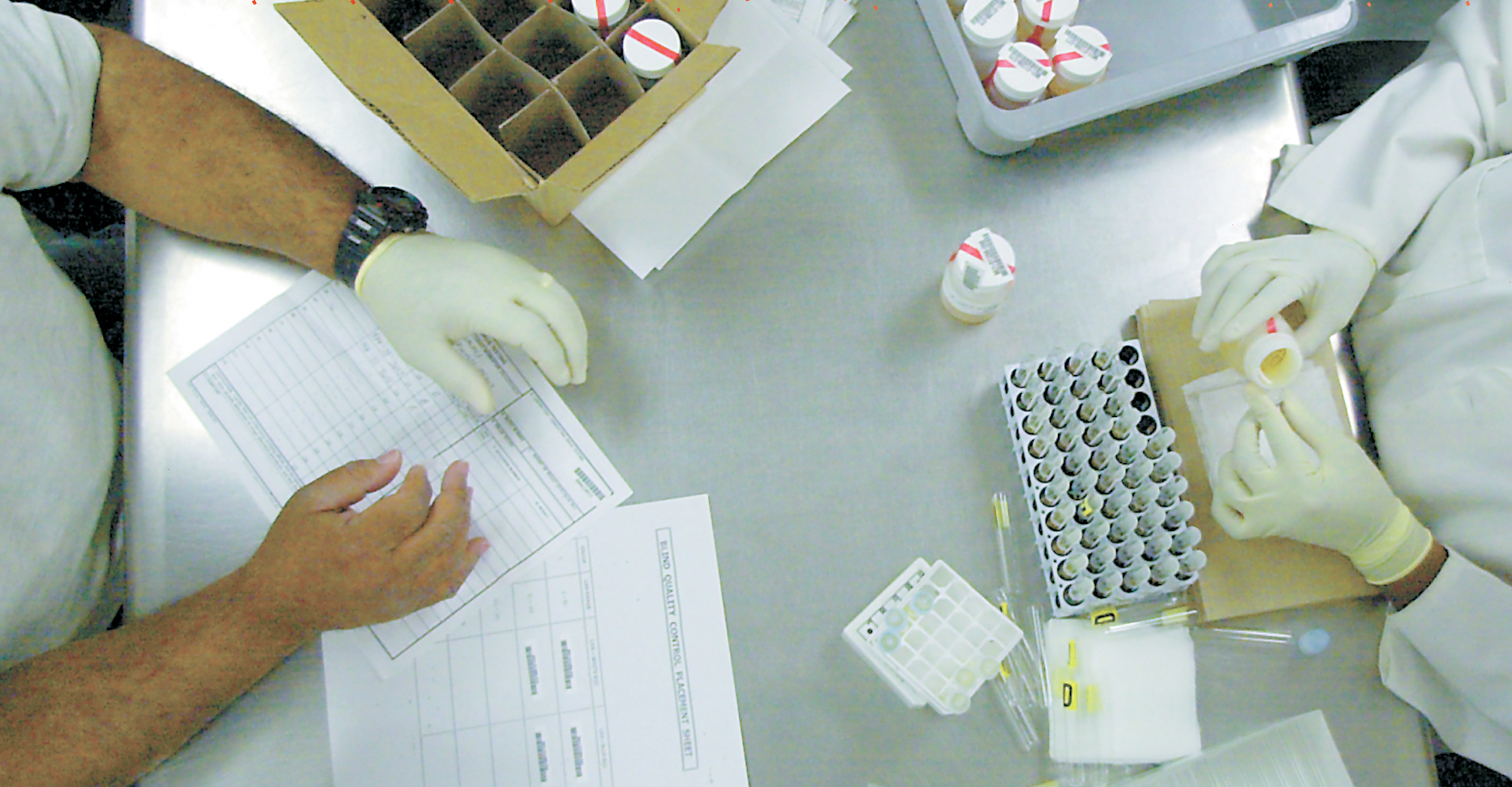The importance of early cancer detection cannot be emphasized enough – catching cancer early usually means quicker access to treatments and improved odds of survival.
Some cancer detection strategies look for “overt” signs of disease – a lump denoting a tumor or early signs of malignancy taken from a tissue biopsy. Other methods look for known genetic mutations or abnormal biochemical changes after taking a blood sample or liquid biopsy. Now, scientists have a new way to look for cancer – through a person’s breath.
Owlstone Medical is a biotechnology company from England which develops “breath tests” for cancer detection. In collaboration with Cancer Research UK (CRUK), the University of Cambridge and Cambridge University Hospital NHS Foundation Trust, the team is launching the Pan Cancer Trial for Early Detection of Cancer in Breath to test their Breath Biopsy tool.
“We urgently need to develop new tools, like this breath test, which could help to detect and diagnose cancer earlier, giving patients the best chance of surviving their disease,” said lead trial investigator at CRUK, Professor Rebecca Fitzgerald.
The breath test works by looking at volatile organic compounds (VOCs), the byproducts of biochemical reactions. Since cancer causes immediate and potentially lasting changes to biochemical processes, the VOC profiles from the breath of a person with cancer might look different from that of a person without cancer.
The test will be used to detect esophageal and stomach cancers in 1,500 participants, with or without suspected cancer. Participants will also be tested with diagnostic tools. The breath test will then expand to other solid cancers in the prostate, kidney, bladder, liver and pancreas. According to Fitzgerald, Owlstone Medical will be the first to test multiple cancer types using a breath test.
But can the test detect early-stage cancer? It might just be possible. In about one minute, your entire blood volume circulates around your entire body once. Over a 10-minute breath test, even the smallest traces of metabolites will be preconcentrated 10 times over, allowing scientists to develop a fairly accurate picture of a person’s VOC profile.
“There is increasing potential for breath-based tests to aid diagnosis, sitting alongside blood and urine tests in an effort to help doctors detect and treat disease,” said Billy Boyle, co-founder and CEO at Owlstone Medical. “The concept of providing a whole-body snapshot in a completely non-invasive way is very powerful and could reduce harm by sparing patients from more invasive tests that they don’t need.”
Breath tests have been approved by the US Food and Drug Administration (FDA) in the past. Cairn Diagnostics (formerly Advanced Breath Diagnostics) got the nod in 2015 for a breath test that diagnoses delayed gastric emptying, or gastroparesis. Similarly, the test assesses the concentration of a specific compound that signifies disease.
Other biotech companies like Breath Diagnostics, Menssana Research and Breathtec Biomedical are also developing breath tests for the detection of various cancers.
“Technologies such as this breath test have the potential to revolutionize the way we detect and diagnose cancer in the future,” said Dr. David Crosby, head of early detection research at CRUK.
The prospect of a universal breath test for cancer detection is exciting, but much more work needs to be done. Until trial results are revealed, we must wait with bated breath to see how accurate such diagnostics may be.












Join or login to leave a comment
JOIN LOGIN